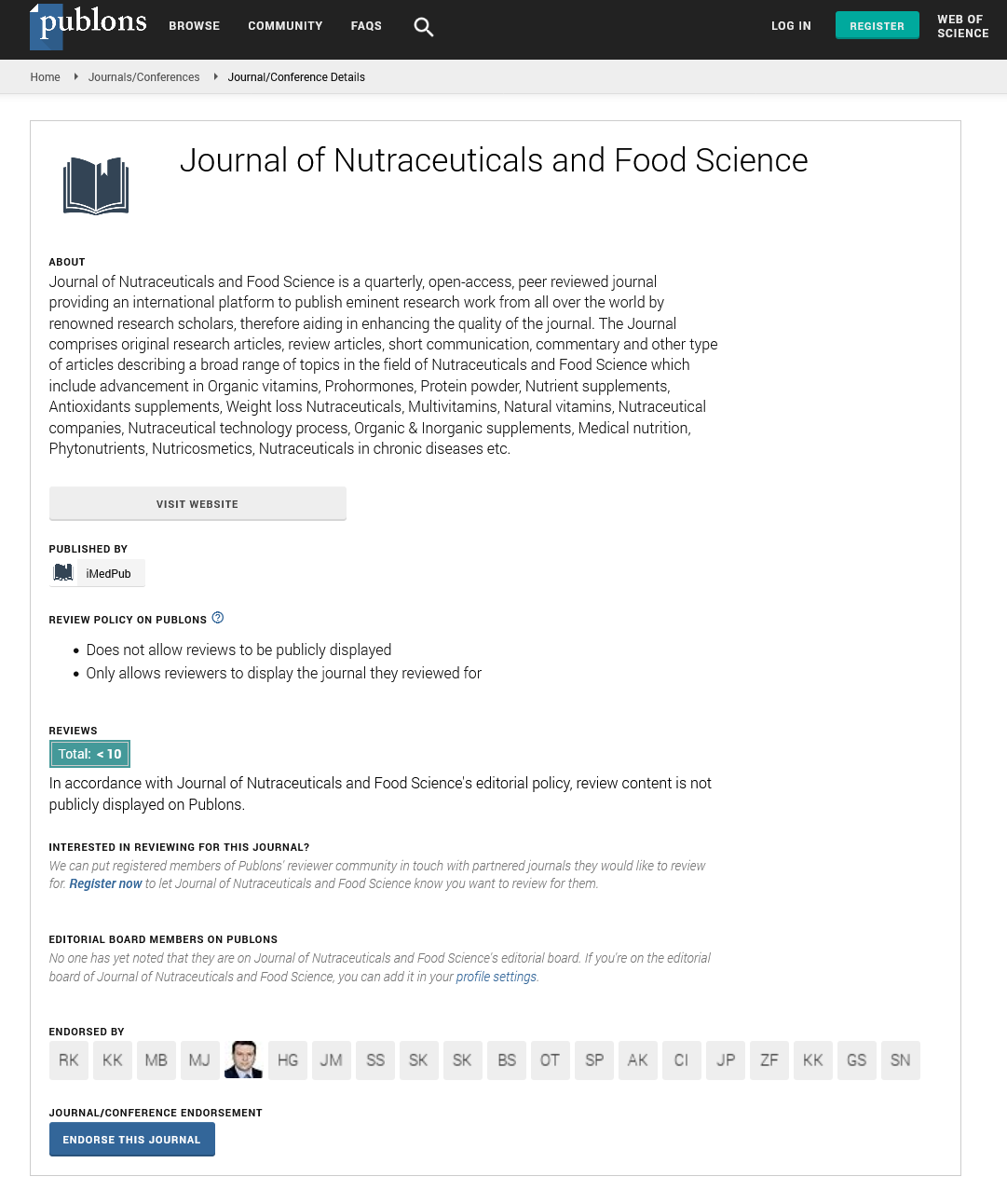Abstract
Proprietary Delivery System of a Novel Supplement Reduced Vasomotor Symptoms in Menopausal Women
Objective: To evaluate a supplement system for the reduction of vasomotor symptoms in menopausal women.
Methods: A prospective, open-label, IRB-approved study was conducted over 12 weeks to evaluate the efficacy of a supplement system in reducing hot flashes. Females with a mean age of 53, ranging from 41 to 58, who had not used hormonal therapy in the past 12 months and were currently experiencing hot flashes, were included in the study. Participants were given a 90-day supply of the supplement system, consisting of three lozenges per day, reported on the number of hot flashes, and provided feedback on a daily questionnaire. Efficacy was determined by the mean daily change from baseline in frequency of vasomotor symptoms. Adverse events were collected at every visit.
Results: Data analysis showed a significant decrease in the mean number of hot flashes from baseline. At baseline, the mean number of hot flashes was 8.70 and the mean change in the number of hot flashes at weeks 1, 2, 4, 8, and 12, respectively, were -3.97, -4.68, -5.45, -6.31 and -6.94. A majority of participants stated improved disposition and mood, more consistent sleep, a feeling of restfulness upon waking, reduced anxiety with better stress response, and enhanced focus and alertness with reduced brain fog. Additionally, 97% of participants stated they would recommend this supplement system to others looking for an effective solution to improve their menopausal symptoms.
Conclusion: A supplement system using a proprietary Directline® delivery method via a lozenge demonstrated a significant decrease in vasomotor symptoms over a 12-week study. Additionally, women reported improvements in their mood, disposition, sleep, stress response and cognitive function. This supplement system is a viable alternative to hormonal or non-hormonal therapies for mitigating vasomotor symptoms in menopausal women.
Author(s): Todd Dorfman, Amber Krogsrud, Alison Gracom, Russell Glenn, Justin Hai
Abstract | Full-Text | PDF
Share this

Google scholar citation report
Citations : 393
Journal of Nutraceuticals and Food Science received 393 citations as per google scholar report
Journal of Nutraceuticals and Food Science peer review process verified at publons
Abstracted/Indexed in
- Google Scholar
- Publons
- Secret Search Engine Labs
Open Access Journals
- Aquaculture & Veterinary Science
- Chemistry & Chemical Sciences
- Clinical Sciences
- Engineering
- General Science
- Genetics & Molecular Biology
- Health Care & Nursing
- Immunology & Microbiology
- Materials Science
- Mathematics & Physics
- Medical Sciences
- Neurology & Psychiatry
- Oncology & Cancer Science
- Pharmaceutical Sciences


